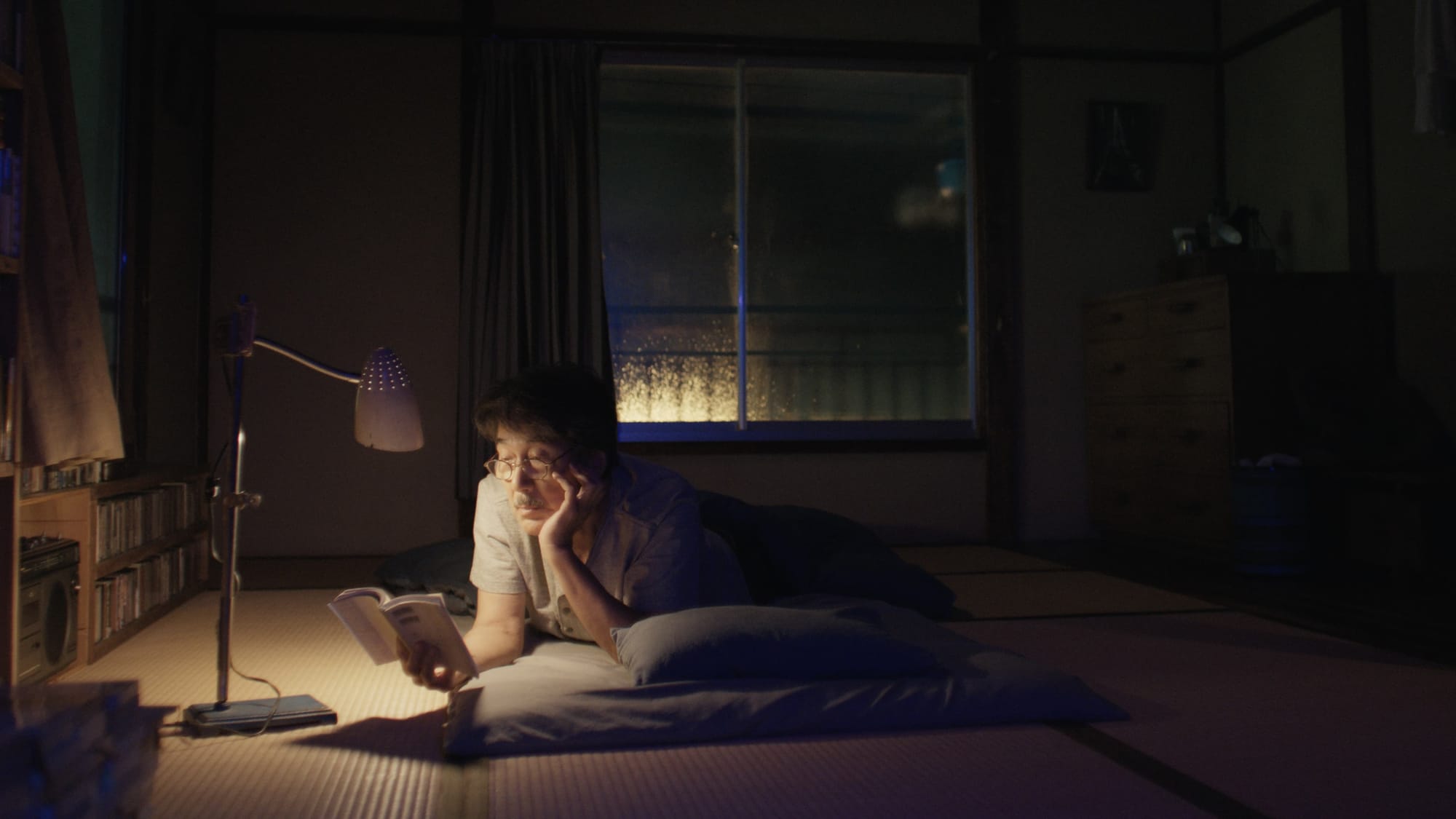Perfect Days (2024) | Review
Wim Wenders' portrait of everyday life is a cheerful, touching, and emotionally cleansing film for anyone in need of a 'good cry'.

Synopsis: Tokyo toilet cleaner Hirayama enjoys the small and simple things in life while connecting with the people he encounters.
Director: Wim Wenders
Cast: Kōji Yakusho, Tokio Emoto, Arisa Nakano, Yumi Asō, Aoi Yamada
With an ending shot to rival the best of them, Perfect Days blossoms into a portrait of everyday life that is cheerful, touching, and emotionally cleansing.
Upon learning of the film and hearing Lou Reed's hit belted from the trailer innumerable times before other screenings, here's what I was afraid of: a simple man living a simple life that maybe we could all learn lesson from. Translation: a pretentious call to disconnect from our devices and reconnect with the simple things around us. I'm delighted to say this isn't the case. Wenders has crafted a lovely character in Tokyo Toilet cleaner Hirayama brought fully to life by Kōji Yakusho.
Hirayama's routine is a quiet one of taking pride in his work, reading, tending to his plants, taking pictures, collecting cassette tapes, and hitting his favourite spots around the city. He even has fans as people welcome him back as a regular and provide most of the chatter we hear in the film. Hirayama likes not only the small things in the world but also speaking only when he has to, and the absence of much dialogue creates a meditative atmosphere. Once you're familiar with Hirayama's routine and he grabs his morning coffee on day three, your mind will freely drift to your own favourite spots and routines (for me, Cardiff's The Grange and The Grazing Shed) while some of the biggest hits of the 1960s and 70s mark each daily commute.
By staying small, Perfect Days will have you engaged with the lightest of events. I was amazed to find I eagerly awaited the next move in an anonymous game of noughts and crosses and regularly giggled at Hirayama's frequent smiles while he met people around the city. The woman next to me even gave a small gasp when one of his cassette tapes was stolen. Everything is lusciously filmed with warm and inviting framing squeezed into 4:3 aspect ratio to create a little window into Hirayama's life.

The film injects more of the wider world through Hirayama's niece who stays a few days with him. Here an emotional crack slowly develops. Before, Perfect Days is surface-level pleasant, but by the film's end, there is a real sense that Hirayama is enjoying the world so much because he's avoiding something else. Something too big, too serious, and likely too bad for him to directly engage with, and he thankfully turns out to be not a zen-like guru we should use as a model to achieve fulfilment but another one of the masses soldiering through life by any means he can.
I've seen many people leave this film in tears and it's easy to see why. The life of Perfect Days has been lived a thousand times by its audiences and seeing people moved so much is a sign Wenders has accurately captured the everyday in a touching picture. If you've ever needed a 'good cry' and the emotional reset that comes with it, check your local cinema listings now.
Source: YouTube




